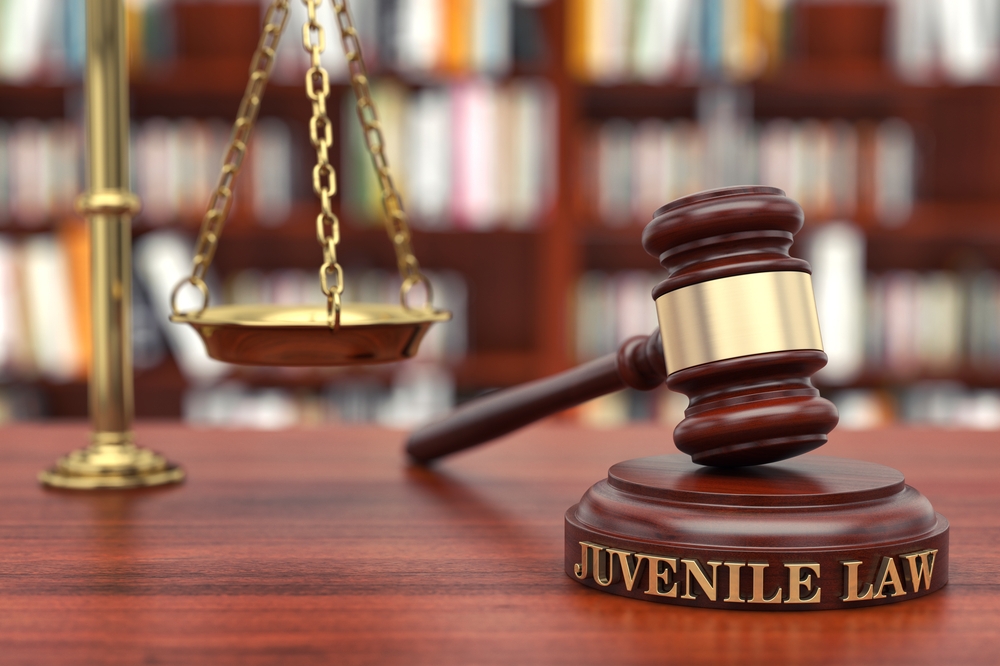
Understanding the intricacies of the legal system can be daunting, especially when it involves juveniles. In Pennsylvania, the juvenile justice system operates differently from the adult system, focusing more on rehabilitation than punishment. For parents concerned about their child’s encounter with the law, knowledge is power. This article aims to provide a comprehensive overview of juvenile justice in Pennsylvania.
Differences Between Adult and Juvenile Systems
Understanding the distinctions between the adult and juvenile justice systems is pivotal for anyone who has a young person facing legal challenges. While both systems aim to address violations of the law, their approaches, philosophies, and procedures differ significantly.
Core Philosophy
- Adult System: Predominantly punitive in nature, emphasizing punishment for crimes committed and seeking deterrence to prevent future offenses.
- Juvenile System: Focuses on rehabilitation over punishment, believing young offenders have a higher potential for reform and can be steered away from future criminal behavior.
Terminology
- Adult System: Individuals are "arrested," "charged" with crimes, and face "trials."
- Juvenile System: The language is less harsh. Minors are "taken into custody" rather than arrested, "alleged to have committed a delinquent act" rather than charged, and attend "adjudication hearings" instead of trials.
Procedure and Setting
- Adult System: Cases are generally public and involve a formal trial process, often with a jury, especially for more severe crimes.
- Juvenile System: Proceedings are more private to protect the minor's identity. Adjudication hearings are less formal than adult trials and are decided by a judge without a jury.
Record Accessibility
- Adult System: Convictions usually lead to permanent criminal records, accessible by the public, employers, and other institutions.
- Juvenile System: Records are typically sealed or confidential. In many jurisdictions, juveniles have the option to petition to have their records expunged (erased) once they reach a certain age or meet other criteria.
Place of Detention
- Adult System: Convicted individuals are sent to prisons or jails.
- Juvenile System: Adjudicated juveniles are often placed in juvenile detention centers, group homes, or other rehabilitation-focused facilities. The emphasis is on education, counseling, and preparation for reintegration into society.
Rights of the Accused
- Adult System: Adults have specific rights like the right to a speedy trial and the right to bail.
- Juvenile System: Some rights, like the right to bail, might not be available to juveniles. However, they still maintain essential rights, like the right to a criminal defense attorney.
Case Duration
- Adult System: The process can be lengthy, especially for serious crimes.
- Juvenile System: Given the emphasis on swift intervention in a young person's life, the juvenile system often works more quickly, aiming to resolve cases and begin rehabilitation as soon as possible.
Post-adjudication Outcomes
- Adult System: Sentences often have a set duration, and parole is available only after a portion of the sentence has been served.
- Juvenile System: Dispositions (the juvenile system’s version of sentences) are often indeterminate, meaning a juvenile may be released when deemed rehabilitated. Regular reviews ensure that the minor's treatment remains appropriate.
Common Offenses and Their Consequences
Understanding the most common offenses committed by juveniles can provide a clearer picture of potential legal encounters. Here are some frequently seen offenses and their typical outcomes:
Theft Crimes
- Consequences: The consequences for theft crimes can range from probation, restitution (repaying the victim), or, in more severe cases, time in a juvenile detention center.
Vandalism
- Penalties: Juveniles engaged in vandalism may be required to clean up or repair the damage they caused, pay fines, or attend counseling. Repeated offenses might result in more severe penalties.
Drug Crimes and Alcohol Offenses
- Repercussions: Penalties for juvenile alcohol and drug crimes can include mandatory drug counseling, probation, or, for more severe or repeat offenses, detention.
Assault
- Outcomes: The consequences of juvenile assault crimes depend on the severity of the assault. It can range from anger management classes, probation, to, in extreme cases, time in a juvenile detention center.
It’s important to note that while these are general consequences, each case is unique, and outcomes can differ based on the circumstances and the decision of the judge.
Legal Options for Juvenile Cases
If your child is facing a legal situation, it's crucial to be informed about the potential paths available to achieve the best possible outcome. Here are some essential legal options to consider for juvenile cases:
Diversion Programs
- What are they? Diversion programs are alternatives to the formal juvenile justice process. They're designed to address offending behaviors without formally adjudicating (judging) the juvenile delinquent.
- Benefits: The primary benefit is that the juvenile avoids having a formal record. If they successfully complete the program, charges are often dismissed.
- Examples: Community service, educational programs, restitution to victims, counseling, or drug treatment.
Informal Adjustment
- What is it? An informal adjustment is a type of probation supervised by a probation officer or another court representative without a formal court hearing.
- Benefits: It helps juveniles correct their behavior without a formal court record. The terms can include attending school, obeying curfews, or refraining from contact with certain individuals.
Consent Decrees
- What is it? A consent decree is a formalized agreement, somewhat akin to probation. The juvenile does not admit guilt but agrees to specific conditions.
- Benefits: If the juvenile fulfills the conditions set by the decree during a specified time, the charges are dismissed. It allows the child to avoid a formal adjudication and its potential consequences.
Adjudication
- What is it? If a case isn't diverted or resolved through other means, it goes to an adjudication hearing, similar to a trial in the adult system but without a jury.
- Outcome: Depending on the evidence and the offense, the judge may rule that the child is delinquent and decide on appropriate consequences, which can range from probation to confinement in a juvenile facility.
Hiring a Defense Attorney
- Why it's essential? An attorney experienced in juvenile cases can provide expert advice, represent the juvenile's interests, negotiate plea deals, and potentially get charges reduced or dismissed.
- Benefits: A skilled juvenile defense attorney understands the nuances of the juvenile system and can present evidence in the most favorable light, ensuring the child’s rights are protected.
Appeal
- What is it? If the outcome of the adjudication hearing is not favorable, the decision can be appealed to a higher court.
- Considerations: Appeals are based on legal errors, not simply because one disagrees with the decision. It's crucial to consult with an attorney to understand the grounds and likelihood of success.
Expungement
- What is it? Expungement is the process of erasing or sealing a juvenile record.
- Benefits: It's beneficial for future endeavors like job applications, housing, or education. The criteria for expungement vary, but often it's possible after the juvenile reaches a certain age or after a set period without further legal issues.
Contact an Experienced Juvenile Justice Lawyer at Muckler Law for a Free Consultation About Your Case Today
Facing the juvenile justice system can be a challenging and emotional experience for both the child and the parents. However, by understanding the system and being aware of the available options, parents can be better equipped to support their children through the process. It’s always recommended to seek legal counsel to ensure that your child’s rights are protected and they receive the best possible outcome.
If your child is involved in a legal situation and you need guidance or representation, Muckler Law is here to help. With expertise in juvenile justice, we are committed to ensuring the welfare and rights of every child we represent. Contact us today to learn more about how we can assist you during this challenging time.


